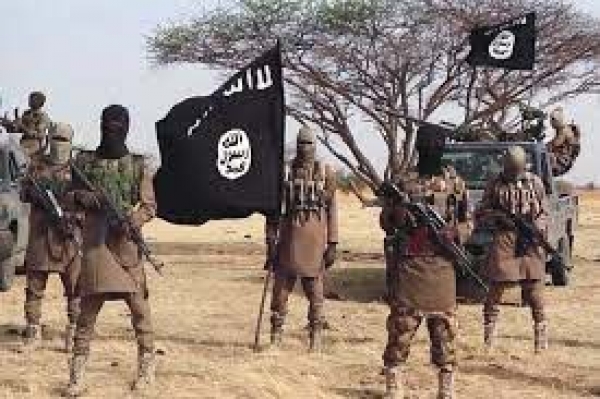After the failure of military surge against the Islamic State (IS)-affiliate terrorist group operating in Niger – known as the Islamic State of West Africa Province (ISWAP) – led by government militias from 2017 to mid-2018, jihadist violence is spiking in the Mali-Niger border zone, the southwestern Tillabery region.
As the report submitted by the International Crisis Group (ICG) on 3 June underlies, since April 2019 ISWAP’s attacks have killed local leaders, government officials and more than 200 officials of security forces. This strategy is elaborated on the one that have inspired the “Caliphate”, which have identified the State’s institutions, politicians and army as its targets in order to create power and security vacuums that could be filled by its strong presence in the territory. The jihadist faction - indeed – has avoided hitting civilians, since its goal is to win their heart and minds, by using not only co-option, but also terror and indiscriminate violence to intimidate potential deserters and traitors. The expansion of the terrorist group seems to have been favoured by the failure of the efforts supported by the Niamey’s Government to counter it: while military operations have pushed ISWAP back, they have also caused the death of innocent lives. Between February and May 2018, Niger and Malian government militias - integrated into the French-led Opération Barkhane – have killed over 200 suspected militants and caused dozens of civilian deaths in the border area. Moreover, the armed intervention of the Niamey-Paris axis has only exacerbated ethnic tensions among the different communities - Peul, Tuareg, Fulani, Dogon, Bombara - due to the competition existing between semi-nomadic shepherds and resident farmers for limited natural resources, and have strengthened the territorial roots of the group affiliated to the "Islamic State".
According to the ICG, during 2019 «the escalation was in some ways to be expected» following a relaxation of military pressure against jihadists, who – thus – have had the time and the way to regroup and reorganize. In May, the black militants, the mujahiddin, have staged an ambush that has killed 28 Nigerien soldiers in the Ouallam district; in June, they have damaged a U.S. vehicle with a roadside bomb and shot down a French helicopter; on 1 July they have stormed a military post near In-Atès, killing 18 soldiers. Since last November other attacks have claimed numerous casualties: 53 Malian soldiers and a civilian have lost their lives during the attack against the Indelimane military base and on 12 December an atrocious attack on the In-Atès military post «crowned months of mounting violence», killing more than 70 soldiers. Estimates up to January 2020, reporting the death of 160 soldiers, are proof of the seriousness of the situations and the Niger’s security crisis, further aggravated by the outbreak of COVID-19, which has made and still makes the operational environment very hostile for Niamey and its allies.
As the ICG has noted in a 2018 report, «Niger and its partners should adopt an approach that includes military operations – clearly still a critical component of the response – subordinate to a political strategy that includes efforts to calm intercommunal conflicts and engage militants», namely a policy defined by Sahelian societies and more in tune to their needs. In particular, the main policy tools which the Nigerien Government should adopt are three: 1)political dialogue, both with the indigenous population, as it is essential to rebuild the State's presence in rural areas, and with insurgents belonging to local border communities in order to identify and respond effectively to their real concerns and needs; 2) security arrangements, by creating a more representative security force recruiting Youngs from border communities and presenting itself as a protector of the civilian population; 3) programmes aimed to economic development, namely easing up on heavy-handed measures imposed to safeguard national security, implementing projects for the benefit of the Nigerien people, especially of the inhabitants of Tillabery, and seeking a solution to inter-ethnic tensions.
To read more, please visit:
https://www.crisisgroup.org/africa/sahel/niger/289-sidelining-islamic-state-nigers-tillabery
https://www.ispionline.it/it/pubblicazione/niger-cosa-ce-dietro-lattacco-dello-stato-islamico-24719
https://ilmanifesto.it/stato-islamico-scatenato-in-niger-g5-sahel-e-francesi-in-panne/
Author: Antonella Palmiotti




